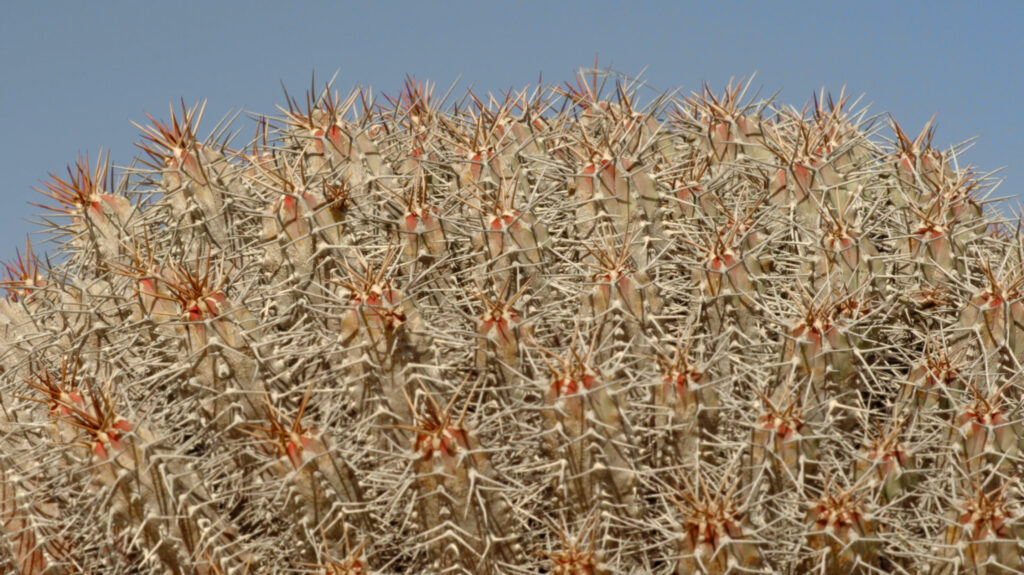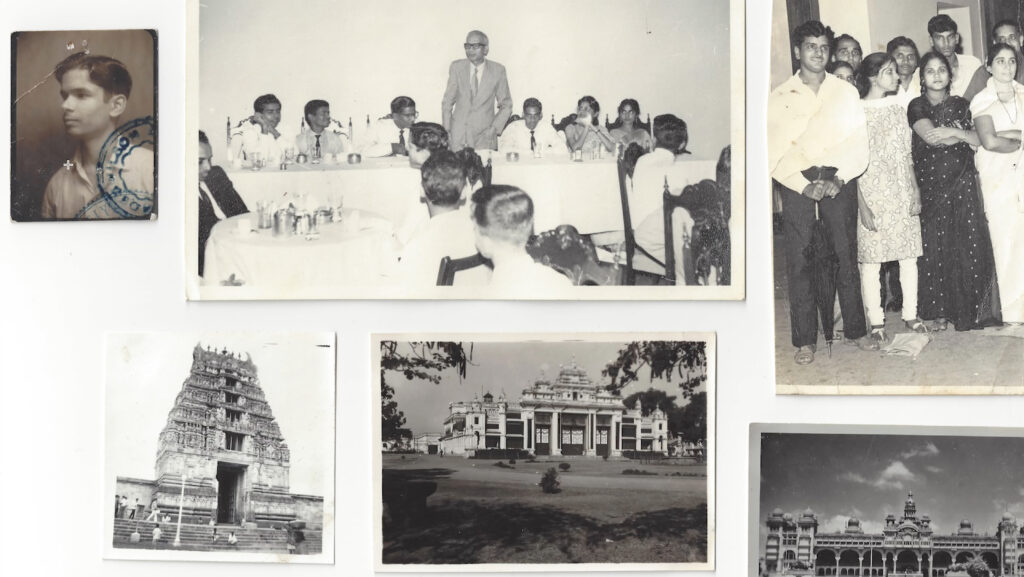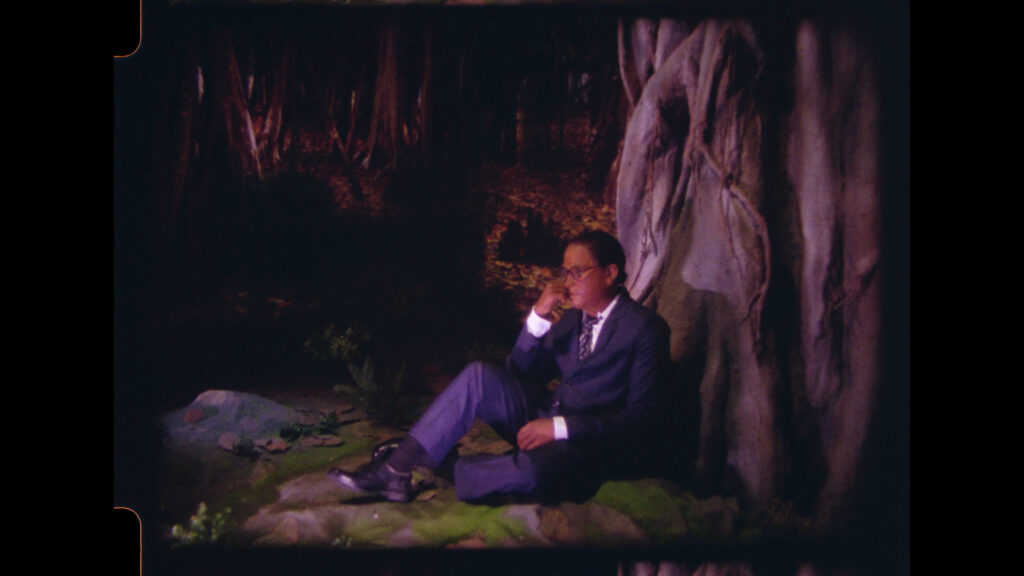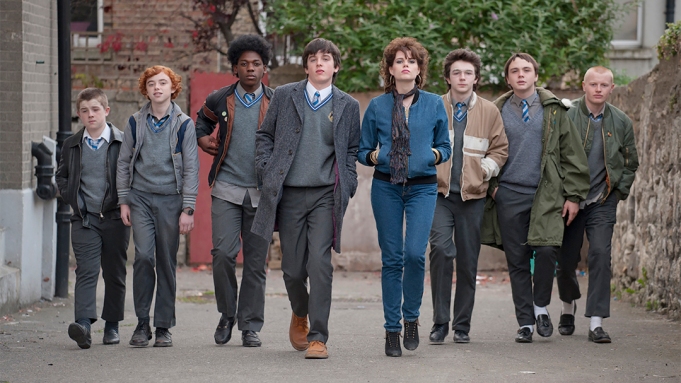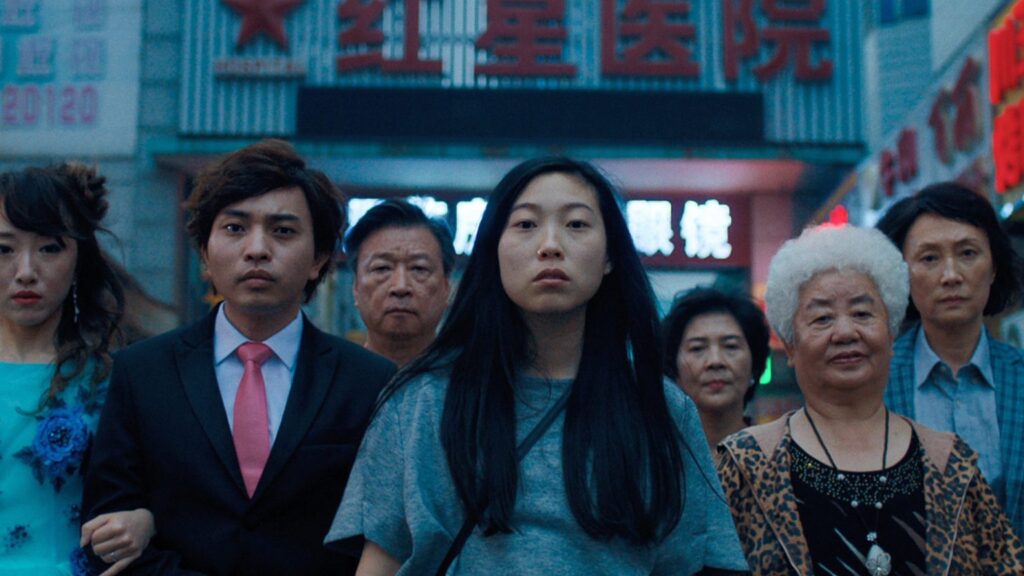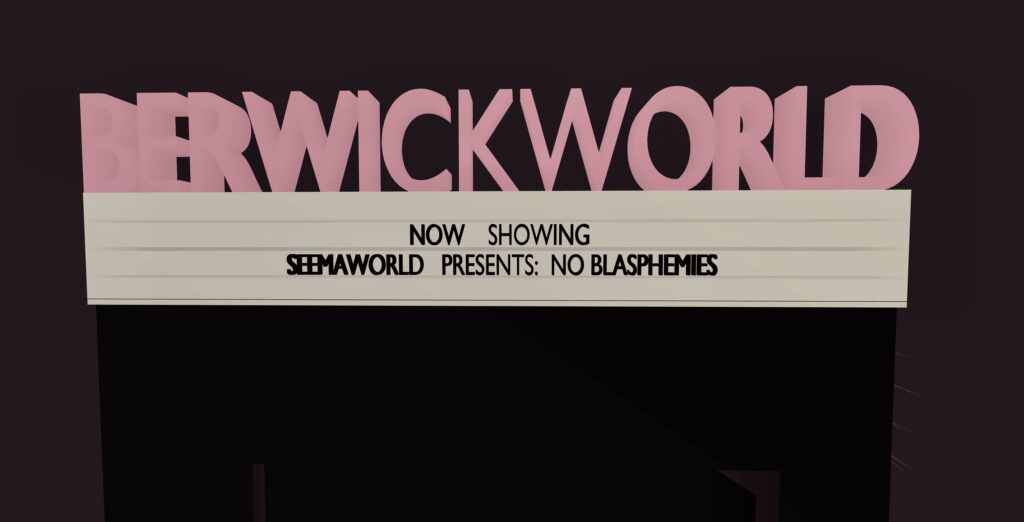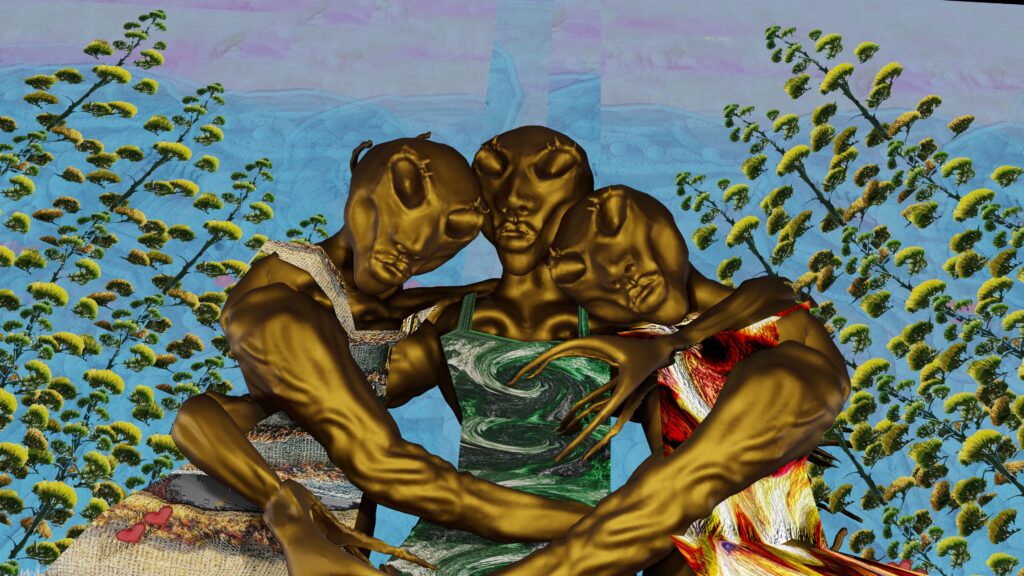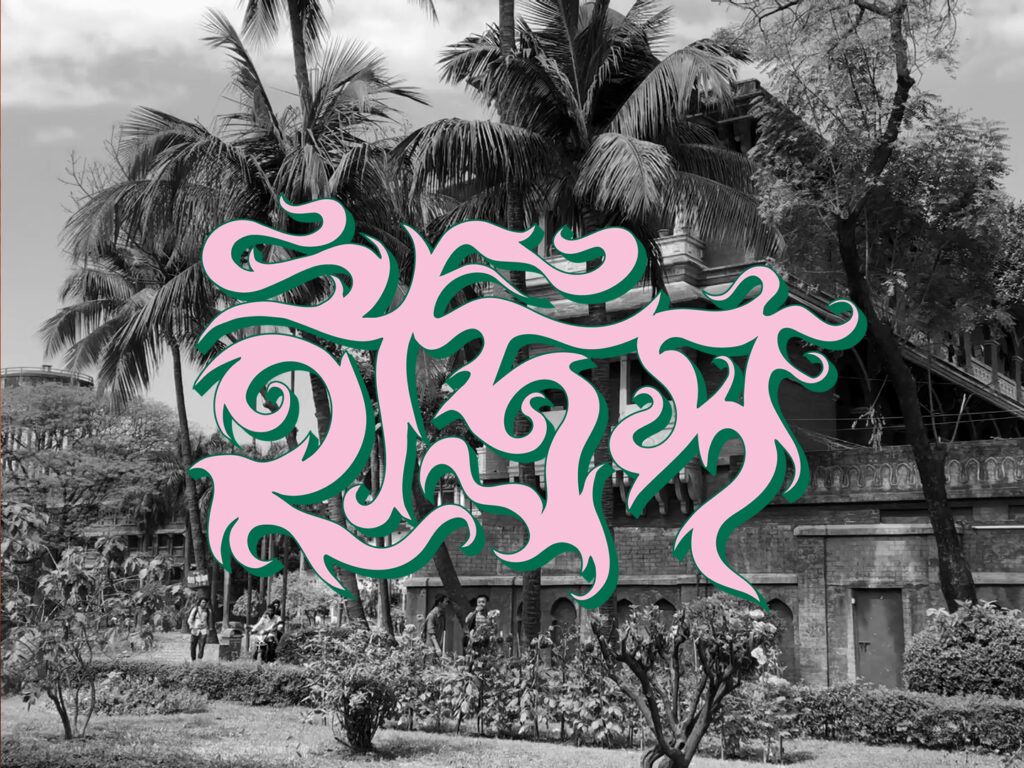Galb’Echaouf delves into the idea of amnesia as the result of an extreme and destructive political context which generated shame and guilt. Conflicts put an end to freedom of movement, and most importantly, to the transmission of types of knowledge passed down over centuries. It is fuelled by the statements and silences of the inhabitants of the region, but also by non-human knowledge present in plants and landscapes.
Programmes
Suneil Sanzgiri’s recent video trilogy is shown here, in full, for the first time. The series is bookended by his attempts to recreate the landscapes of his father’s birth place in Curchorem, Goa. All three films utilise an aesthetics of distance and proximity to gesture to tensions, possibilities and replications when we search for ourselves in the remnants of colonial histories.
Back Inside Ourselves is an online exhibition inspired by S. Pearl Sharp’s Back Inside Herself which plays in our Essential Cinema Strand.
Featuring three recent works by filmmakers Ufuoma Essi, Tako Taal, and Rhiana Bonterre.
We recommend you find a quiet space, some headphones, and clear some time to explore the different elements of this work. The presentation plays on a loop opening out the possibility of durational repetitions, witnessing and revelation.
Available online from Friday 17 September coinciding with a 24 hour screening of S Pearl Sharp’s Back Inside Herself & an in conversation between the director and poet Sarah Lasoye.
Supported by Berwick Visual Arts.
These are notes on planning and programming the Festival this year, open for comment on a google doc.
Fragments from documents that guided our planning and programming process are opened out for comment to accredited guests between 15-22 September after which we will host a discussion between Festival Director Peter Taylor, Head of Programming Jemma Desai and writer and programmer Abby Sun reflecting on the collective writing process.
Accredited guests will be able to access the document here from the 15 September, the public event on will take place on the 24 September and will be open to all ticket and pass holders.
SEEMAWORLD is an immersive, multi-channel realm and streaming facility. It’s comprised of the mimicry of multiple amenities and services—which act as portals to a specific aspect of SEEMAWORLD. An interactive installation, it shows born-digital artefacts alongside digitised works of traditional media.
As a colony of SEEMAWORLD, BERWICKWORLD transports viewers firmly into the cinematics of the cinema and magnifies Fan Labour as behaviour, thought and form. —Seema Mattu
Available online from Monday 13th September
When Amongst Our Own is an online work and exhibition designed by Danielle Braithwaite Shirley produced and commissioned by Berwick Film & Media Arts Festival, Circuit NZ, New Zealand and Spike Island, Bristol. It includes a sound work by Shenece Oretha, a publication by Ebun Sodipo and a film by Day Eve.
Available online from Monday 13th September
The Festival opens with the world premiere of Idrish (ইদ্রিস) by Adam Lewis Jacob (UK, Bangladesh, 2021).
Idrish acts as an urgent and potent piece of anti-deportation activism. With reports of deportation flights regularly in the news, the film is rich with resonance to our current moment. In one striking sequence, footage of a protest march gives way to staccato editing and propulsive sound design by Claude Nouk, who re-uses and manipulates archival sounds to transform the film into a powerful rallying cry. Radically reanimating the documentary form, Jacob enlivens the archive to tell a vital history.


